The model agreed by German Chancellor Friedrich Merz and the centre-left Social Democrats would be a hybrid system that revolves around voluntary service with compulsory conscription if necessary.
Like other European countries, Germany – which had an army of nearly half a million men during the Cold War – cut its armed forces during the peaceful years of the 1990s.

"We will make volunteering more attractive, we want to arouse the interest of as many young people as possible in serving the country," Jens Spahn, parliamentary leader of Chancellor Merz's Christian Democratic Union (CDU) party, told reporters.
The deal comes after weeks of debate over what form of conscription would best build the military while maintaining broad public support.
Faced with the impact of the Russia-Ukraine conflict and great pressure from Germany's traditional ally, the United States, Chancellor Merz pledged to rebuild the German army (Bundeswehr) into the strongest conventional force in Europe.
The force currently has about 182,000 active service members and has set a goal of increasing its size to 255,000-270,000, along with another 200,000 reservists.
The war in Ukraine and a warning from US President Donald Trump's administration that Europe must take responsibility for its own defense has sparked a race to rebuild and re-equip the "old continent" after years of neglect.
German Defense Minister Boris Pistorius warned last year that Germany must be ready for war by 2029. And even before Mr. Merz's government took office in May, the German parliament agreed to an unprecedented overhaul of regulations to raise billions of euros for defense spending.
Source: https://congluan.vn/cac-dang-cam-quyen-duc-dat-thoa-hiep-ve-nghia-vu-quan-su-10317734.html


![[Photo] Deep sea sand deposits, ancient wooden ship An Bang faces the risk of being buried again](https://vphoto.vietnam.vn/thumb/1200x675/vietnam/resource/IMAGE/2025/11/13/1763033175715_ndo_br_thuyen-1-jpg.webp)
![[Photo] Special class in Tra Linh](https://vphoto.vietnam.vn/thumb/1200x675/vietnam/resource/IMAGE/2025/11/14/1763078485441_ndo_br_lop-hoc-7-jpg.webp)
![[Photo] Unique art of painting Tuong masks](https://vphoto.vietnam.vn/thumb/1200x675/vietnam/resource/IMAGE/2025/11/14/1763094089301_ndo_br_1-jpg.webp)







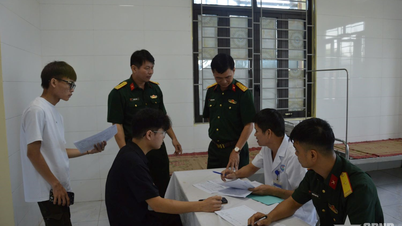



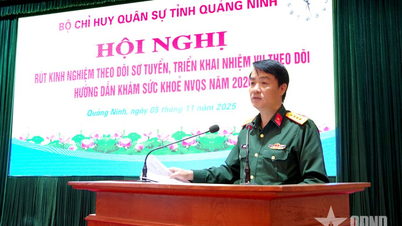
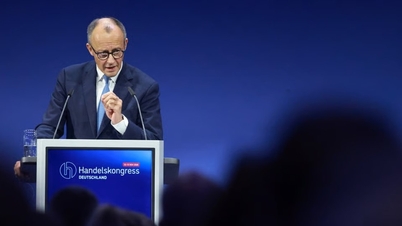


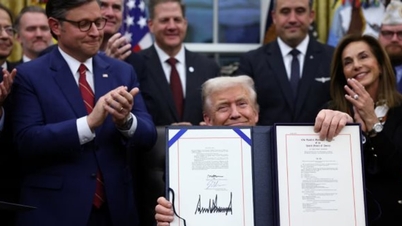























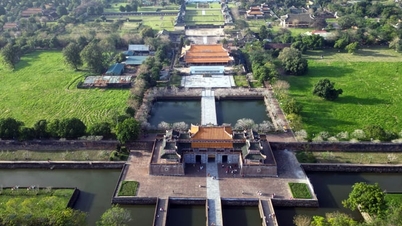




























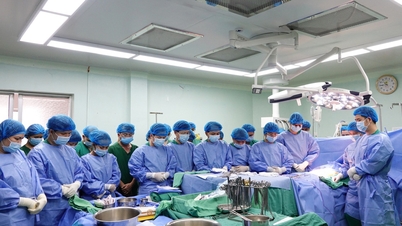

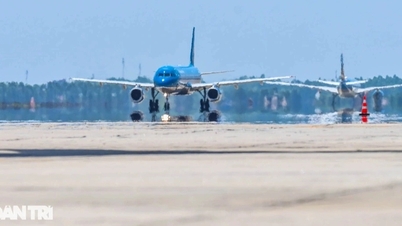


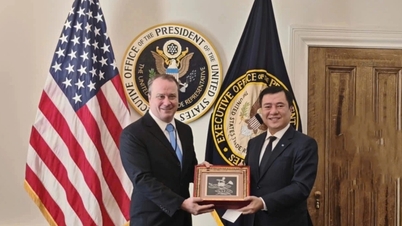








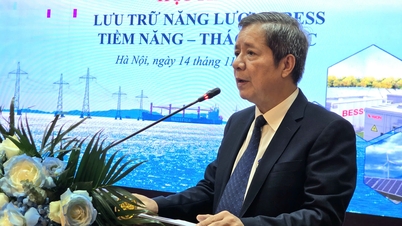
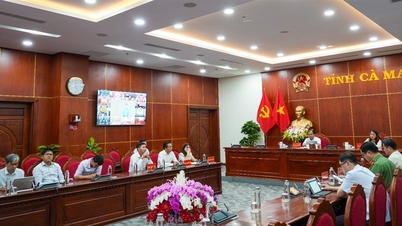
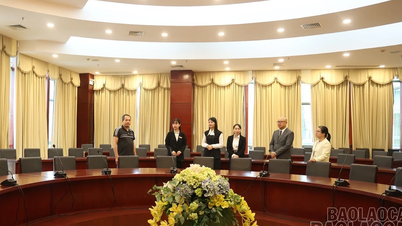



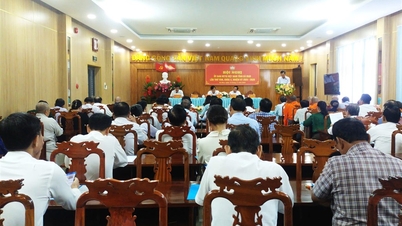









![Dong Nai OCOP transition: [Article 3] Linking tourism with OCOP product consumption](https://vphoto.vietnam.vn/thumb/402x226/vietnam/resource/IMAGE/2025/11/10/1762739199309_1324-2740-7_n-162543_981.jpeg)






Comment (0)